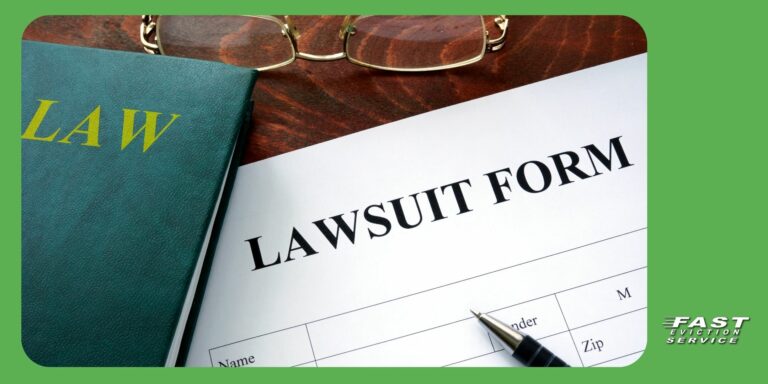You are represented at all times by one of our California Eviction Attorneys | 1-800-686-8686 | intake@fastevict.com | Se habla español
How to Protect Your Rental Properties From Lawsuits and Creditors

A tenant lawsuit can prove to be very taxing on the landlord and can ultimately cost you a good deal of money. The following are some of the measures that can be taken by landlords to protect themselves from a tenant lawsuit.
